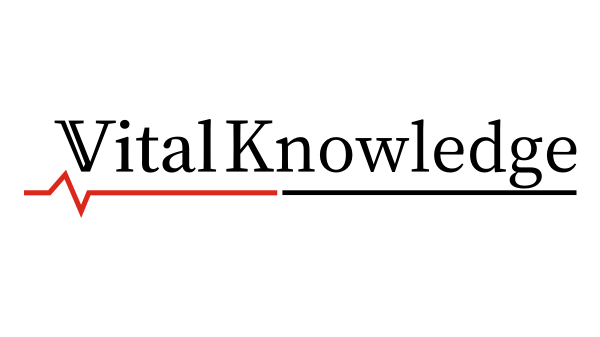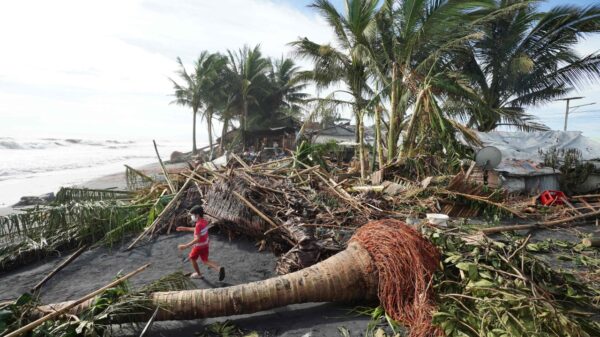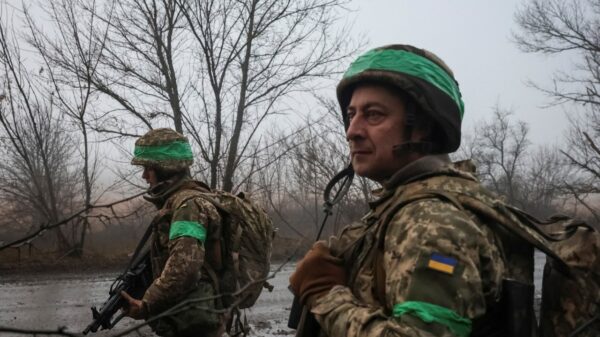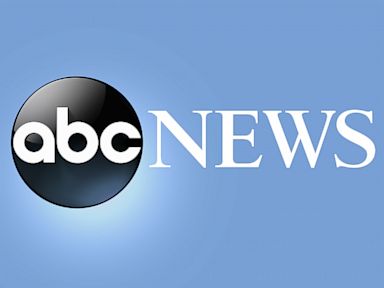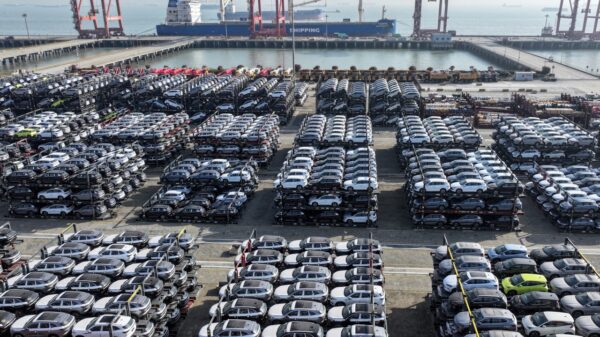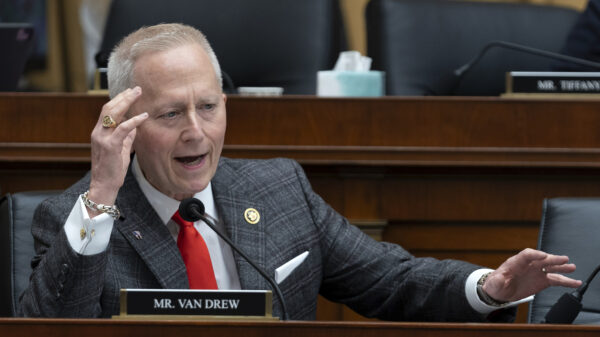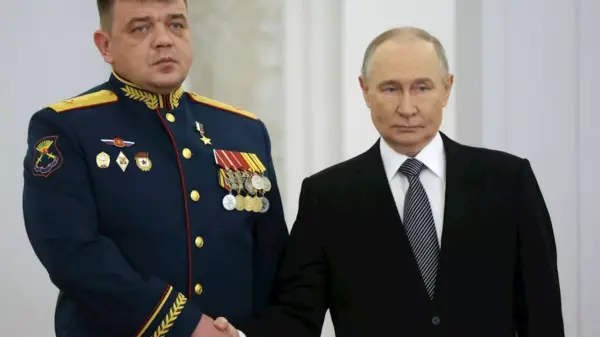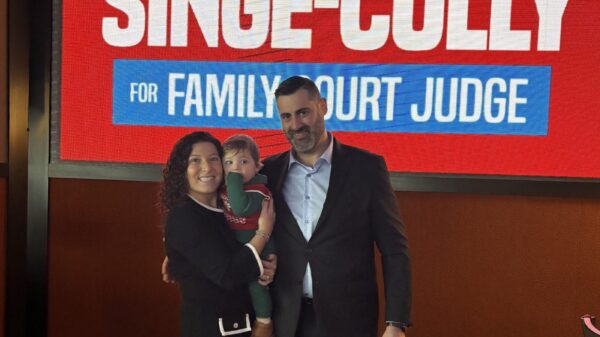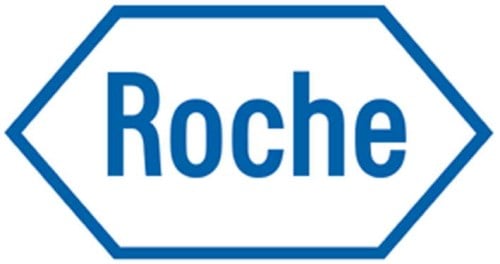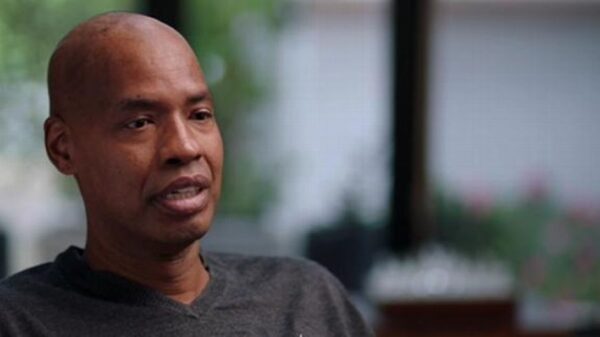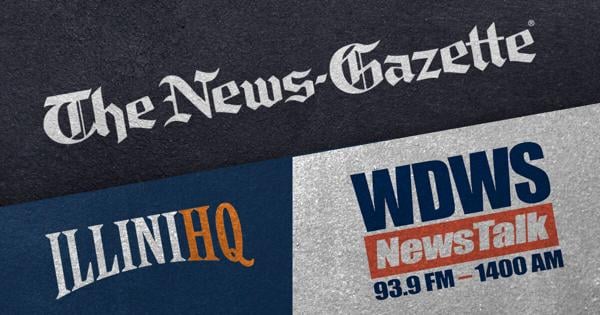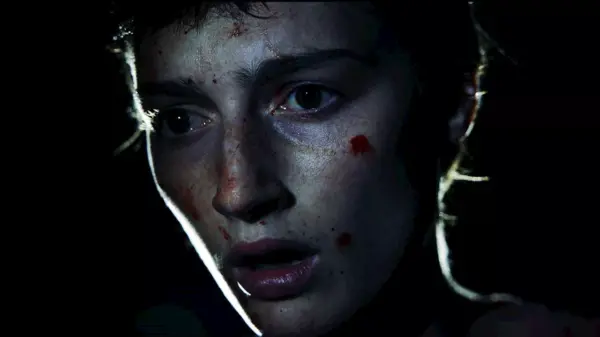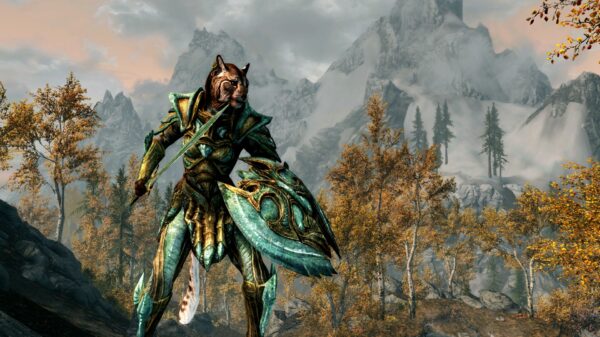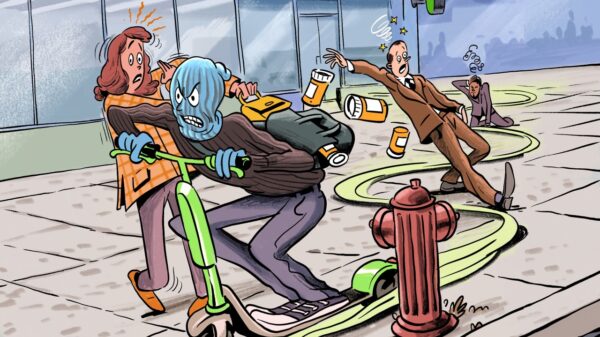In a significant development following a series of protests, religious leaders in Morocco are urging youth to engage in public affairs. On March 1, 2024, worshippers gathered in mosques across the country, including the capital city of Rabat, to hear a government-prepared sermon emphasizing the importance of civic participation among young people. This call to action comes in the wake of a youth-led uprising that has raised concerns about social and economic conditions in the nation.
The sermon, delivered by imams who are government employees, did not directly reference the widespread protests, which have been organized by an anonymous group known as **Gen Z 212**. This movement has gained traction on social media platforms and demands improved government accountability and social services. Observers interpret the sermon as an attempt by the government to address the unrest by promoting a narrative of active citizenship.
In a mosque in Rabat, the imam spoke to a diverse audience, urging attendees to participate in civic life. “One of the most important things we should care about is raising children to participate in the managing of public affairs,” he stated, encouraging a sense of duty towards the nation. His words resonated with many, reinforcing the idea that true citizenship involves active engagement in societal issues.
The Moroccan government has been proactive in responding to the protests. Following a Cabinet meeting led by **King Mohammed VI**, officials announced a series of measures aimed at enhancing youth political participation and job opportunities. These initiatives include a draft bill designed to simplify election candidacy requirements for individuals under the age of 35 and a commitment to cover 75% of their campaign expenses.
The government’s budget draft for 2026 is set to allocate a record **$15 billion (140 billion dirhams)** towards health and education—substantially more than this year’s spending. This budget aims to create 27,000 jobs in these sectors and improve the overall quality of education, signaling a shift towards addressing some of the grievances voiced by the youth.
Despite these initiatives, the protests have continued, fueled by anger over government spending priorities, particularly the investment in sports infrastructure for the upcoming **2030 World Cup**. Many young activists view these expenditures as neglectful of pressing social needs. The Moroccan Association of Human Rights has reported that over **1,500 individuals** are facing prosecution for their participation in the protests.
The recent sermons have sparked debate about their true intent. Some, like **Soufiane**, an 18-year-old college student, express cautious optimism that the sermons may genuinely encourage youth involvement. He noted, “I sincerely hope the real purpose behind these sermons is to support young people’s participation in public affairs, not to guide or restrict them.” His comments reflect a common sentiment among young Moroccans who are eager to see real change.
As the protests unfold, the government’s approach to religious messages continues to be scrutinized. **Dr. Driss El Ganbouri**, a researcher specializing in religious affairs, commented on the dual discourse employed by the state, suggesting that sermons often serve as a tool for political messaging rather than a genuine call for civic engagement. He pointed out that preachers who deviate from official narratives risk punishment, raising questions about the authenticity of the messages delivered in places of worship.
Overall, the intertwining of religious messages and political action in Morocco reflects a complex landscape. As the government seeks to engage youth through sermons and policy changes, the effectiveness of these efforts remains to be seen, particularly in the face of ongoing protests and calls for accountability. The future of youth activism in Morocco hangs in the balance, as many young people seek meaningful participation in shaping their nation’s direction.





